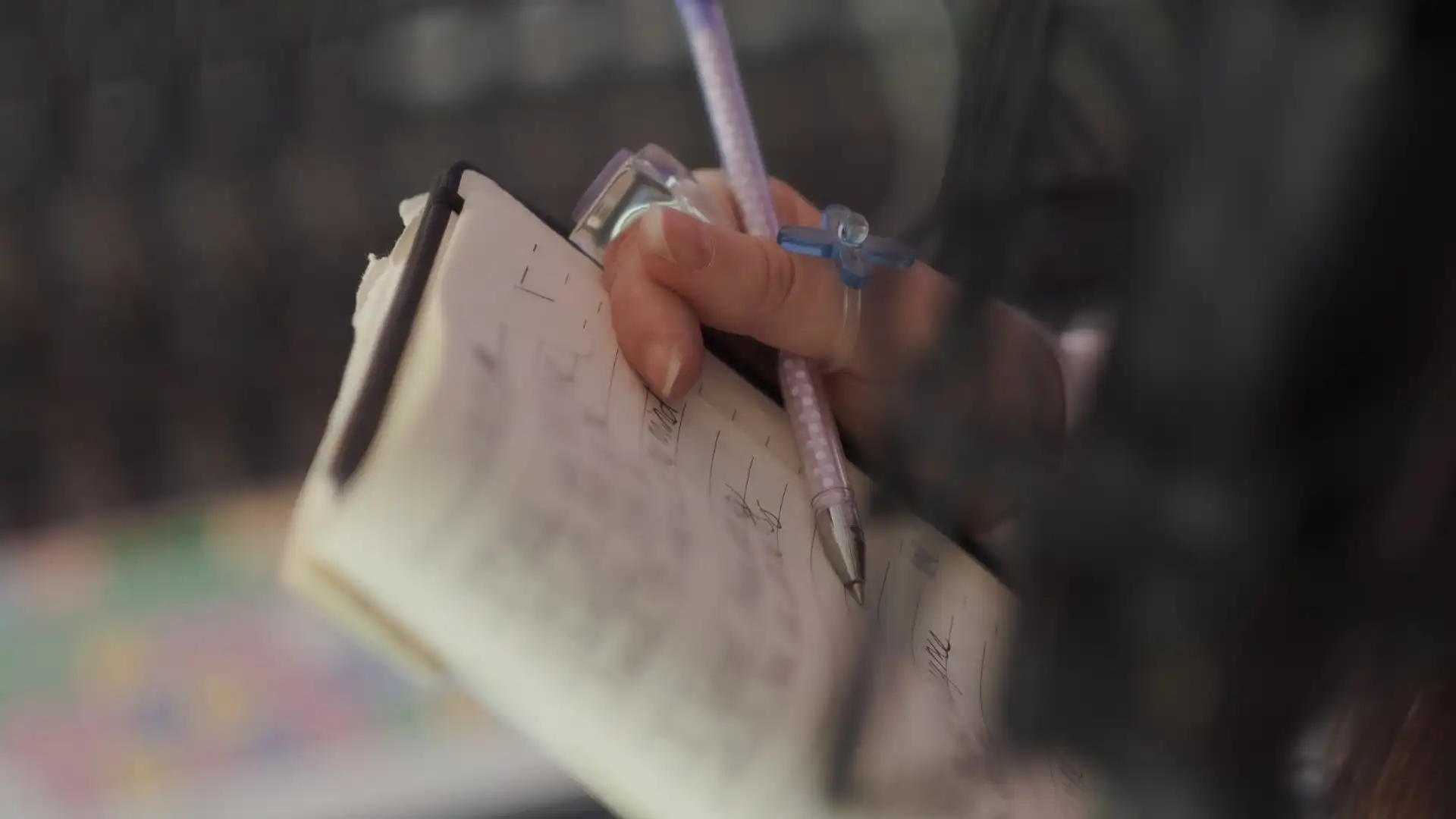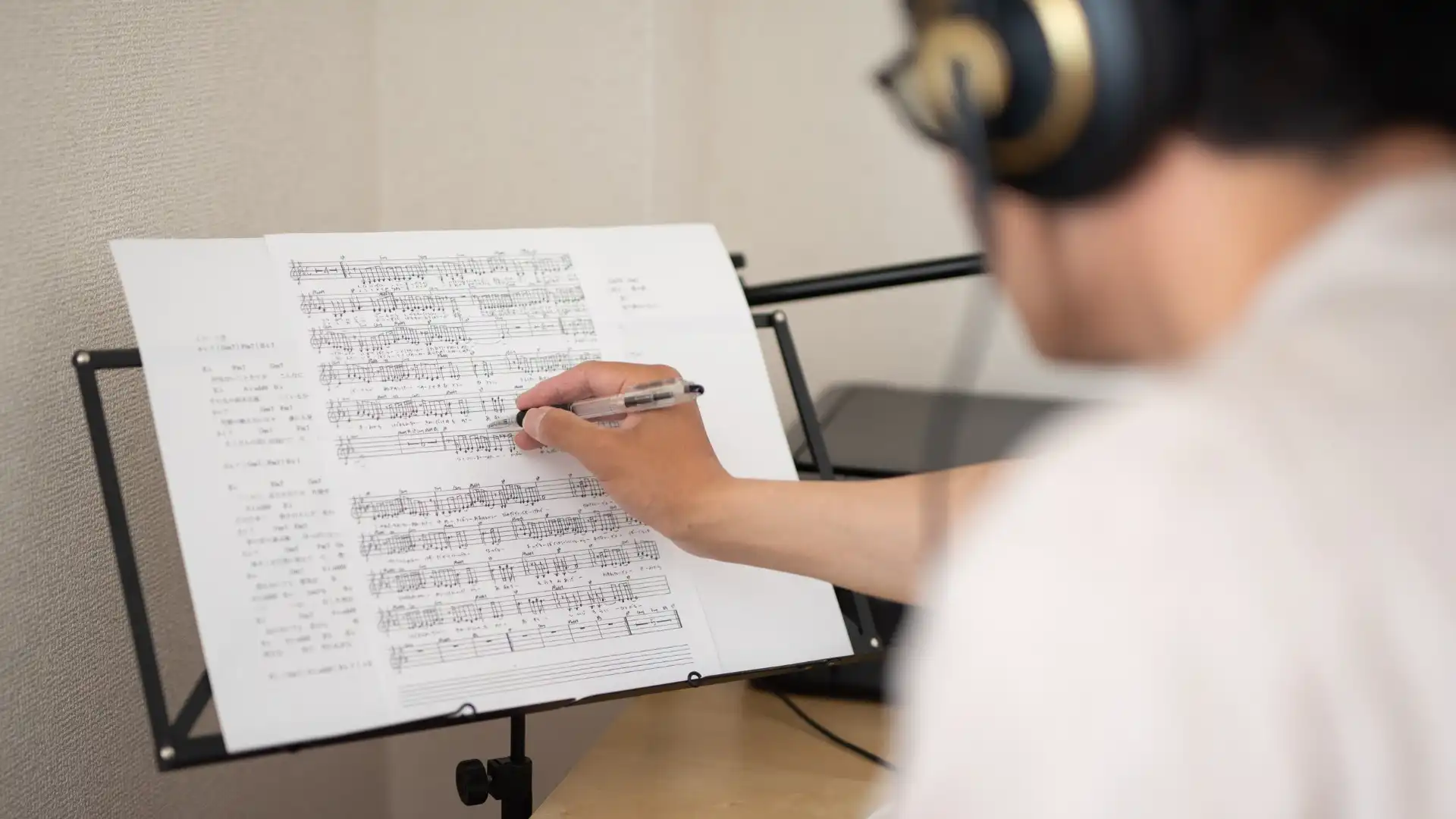Breaking into television production requires more than technical skill—it demands mastery of visual storytelling. Camera operators play a pivotal role in shaping how audiences experience a story, from framing and lighting to movement and composition. Online courses now make it possible to develop these skills flexibly, learning from industry professionals without leaving home.
1. MasterClass – Cinematography & Visual Storytelling
MasterClass offers lessons from renowned filmmakers and cinematographers who share their approach to storytelling through visuals. Students learn how to translate narrative themes into camera work, refine composition, and use lighting and movement effectively to engage viewers.
2. LinkedIn Learning – TV Camera Operation & Production
LinkedIn Learning provides practical courses for camera operators in broadcast and multi-camera environments. Lessons cover studio setups, shot sequencing, live production basics, and professional workflows essential for television production.
3. Coursera – Filmmaking & Visual Communications
Coursera partners with top universities to offer academic-style courses on visual storytelling, camera techniques, and production planning. Camera operators gain insight into narrative-focused shooting, understanding how creative choices influence audience perception.
4. Udemy – Camera Operation & Video Production
Udemy’s courses offer beginner-to-advanced training in camera handling, shot composition, and scene coverage. These courses emphasize hands-on skills for capturing compelling visuals in various TV formats, from studio recordings to on-location shoots.
5. FutureLearn – Digital & Broadcast Production
FutureLearn provides university-backed programs in broadcast and digital production. Students explore visual storytelling principles, technical camera operation, and collaboration with directors and production teams to maintain visual consistency and clarity.
6. National Film & Television School (NFTS) – Online Workshops
NFTS offers specialized workshops focusing on camera techniques for television. Participants gain real-world insights into creative camera operation, teamwork on set, and producing visually coherent sequences that enhance storytelling.
Conclusion
Mastering visual storytelling allows television camera operators to transform ordinary footage into compelling narratives. By selecting the right online courses, aspiring operators can strengthen both technical expertise and creative vision, preparing themselves to contribute meaningfully to a wide range of television productions.
Key Takeaways:
- Visual storytelling is a powerful tool that captivates audiences and is in high demand across various industries.
- Professionals such as film directors, cinematographers, video editors, content creators, and more benefit from mastering visual storytelling.
- Skills in visual storytelling can lead to exciting career opportunities and help professionals stand out in a competitive job market.
Consider enhancing your visual storytelling skills by enrolling in the NYU Film and TV Industry Essentials online course and certificate program.








